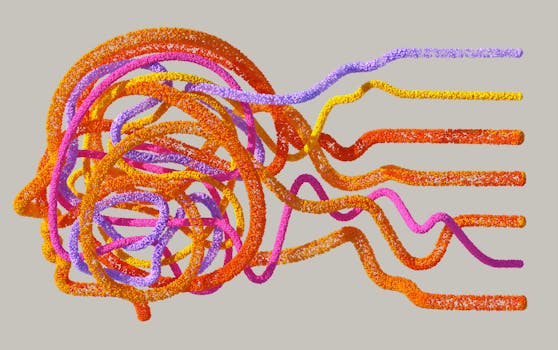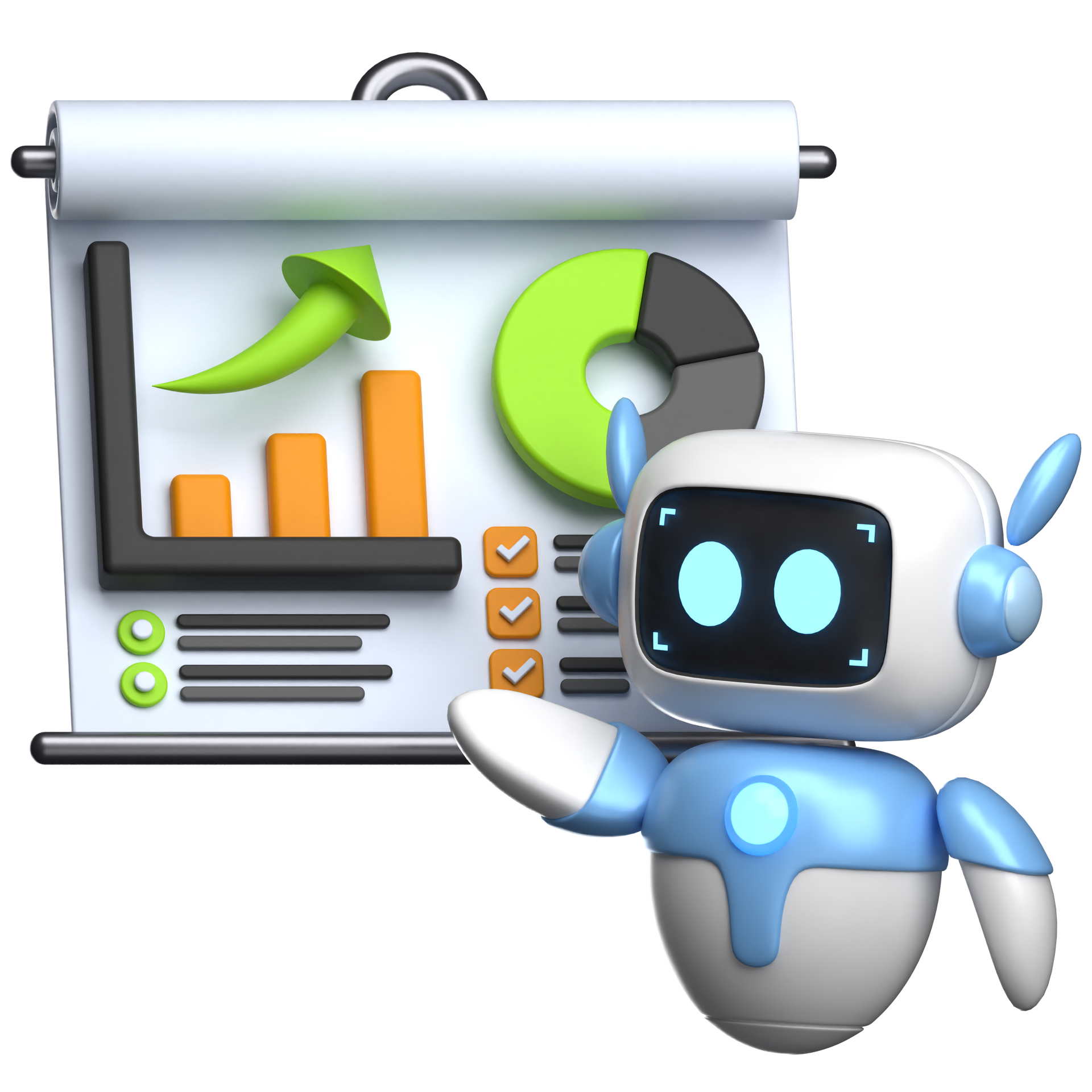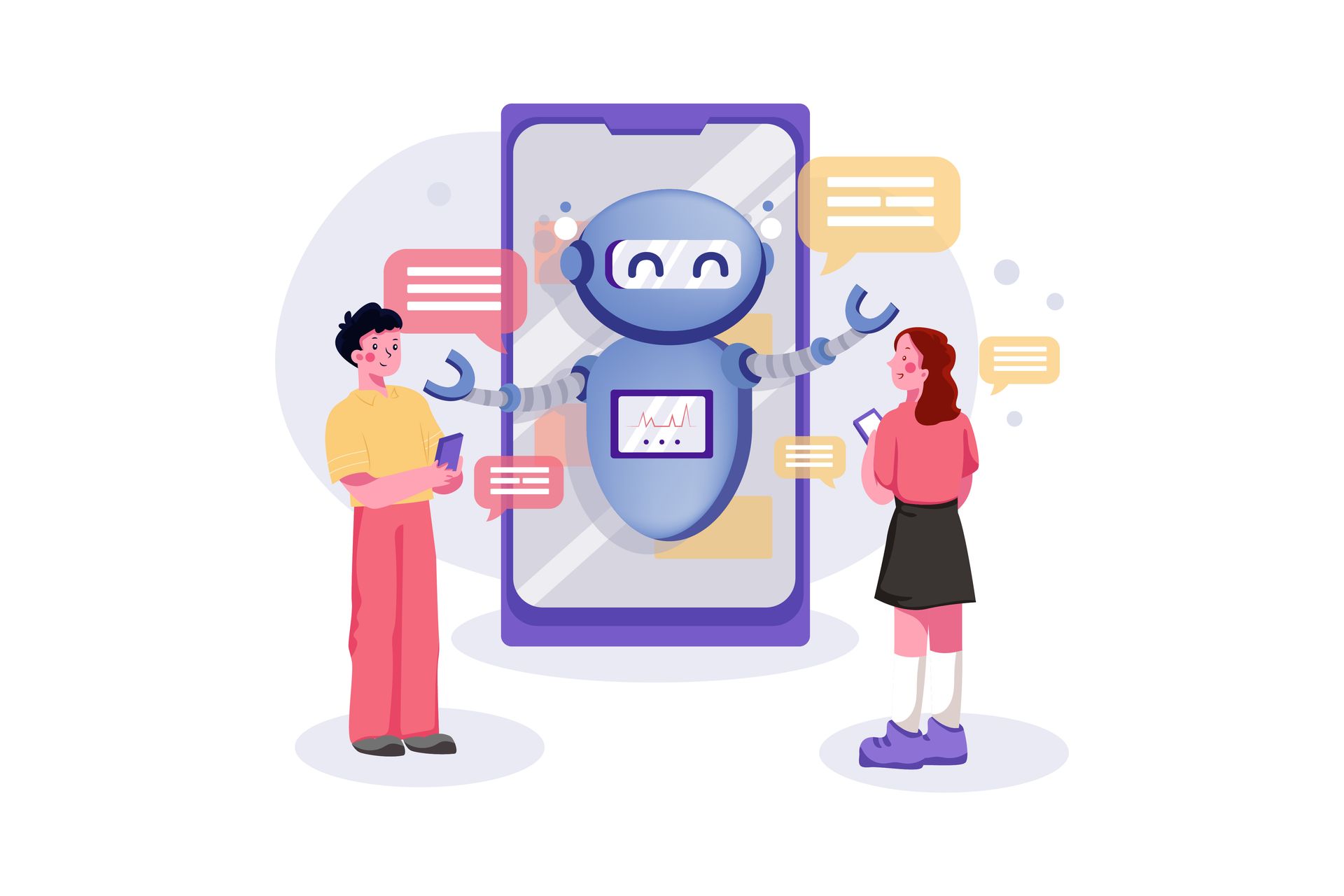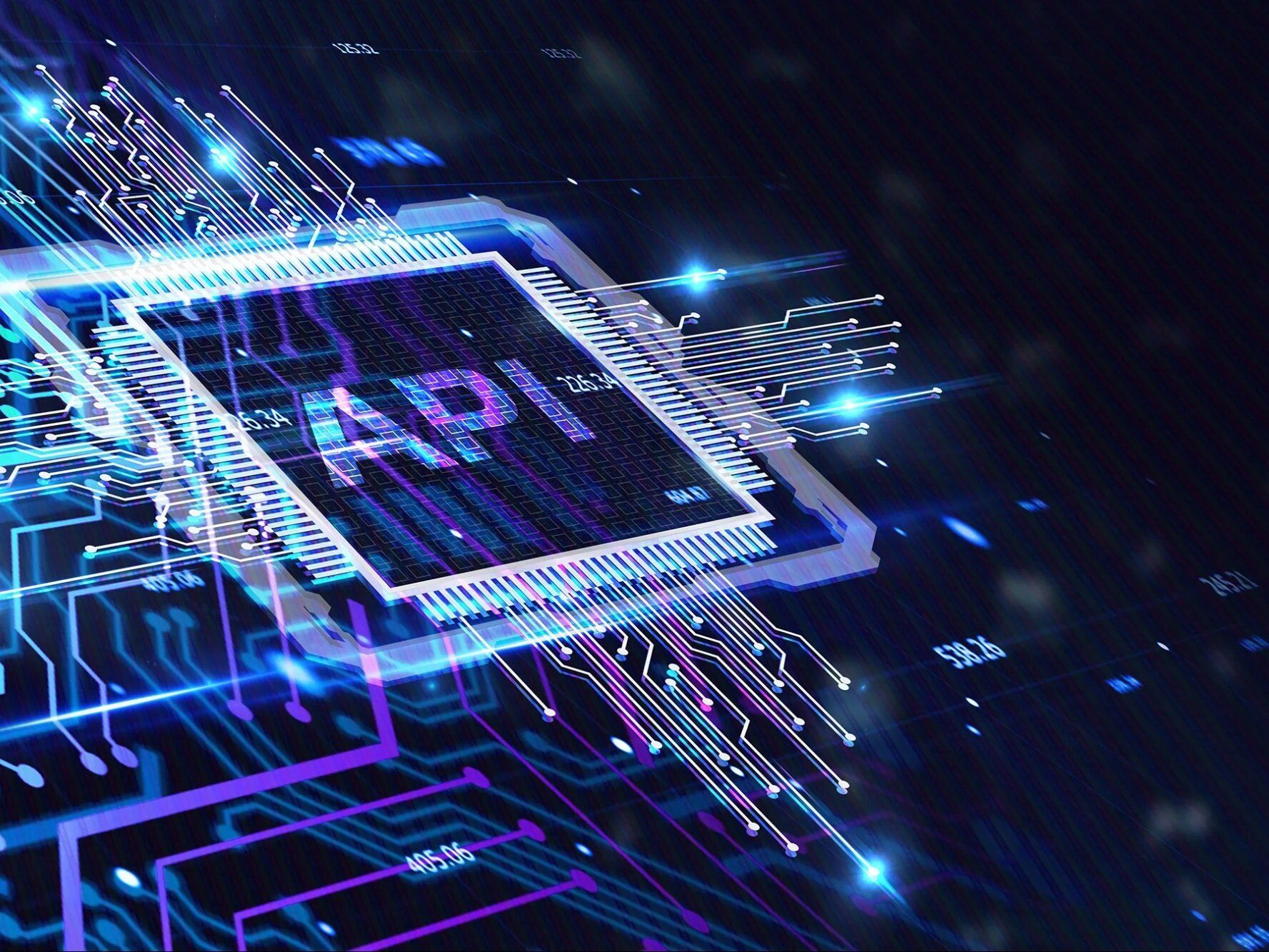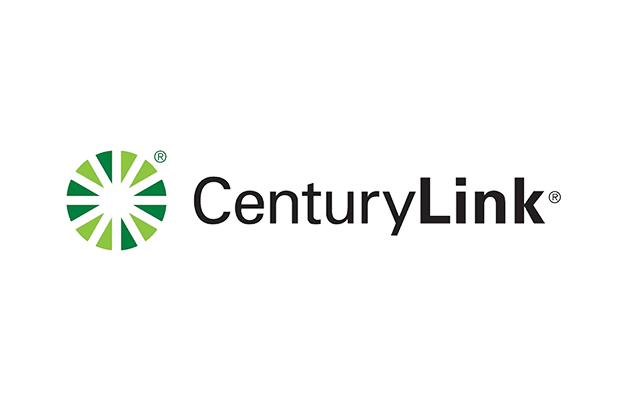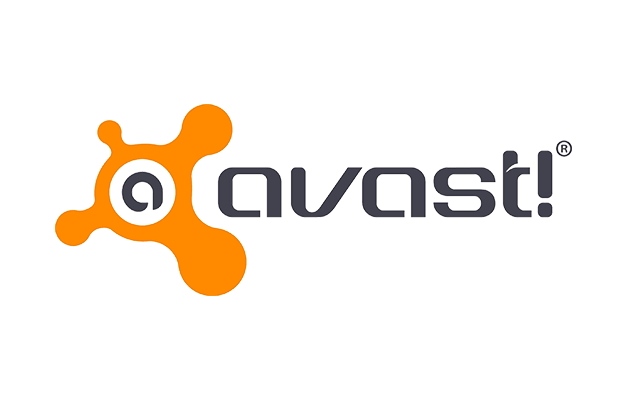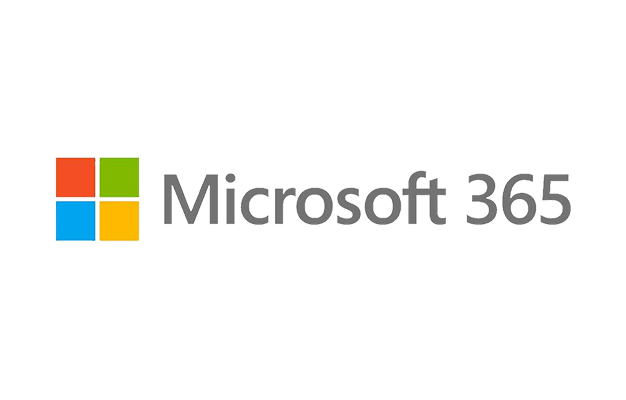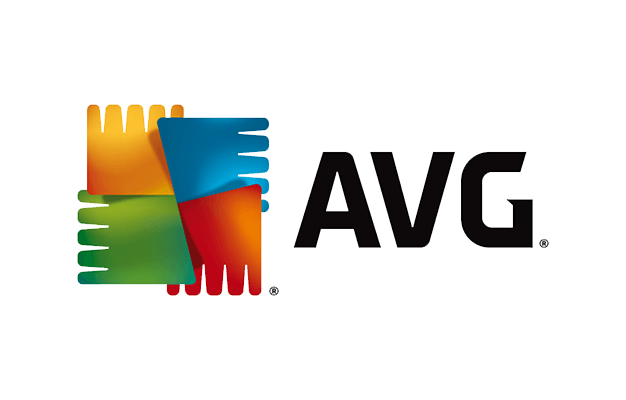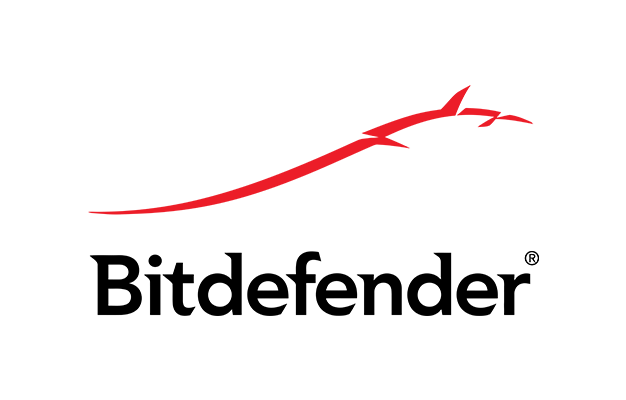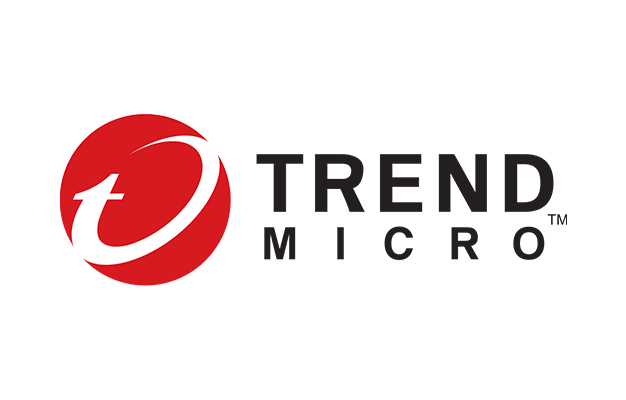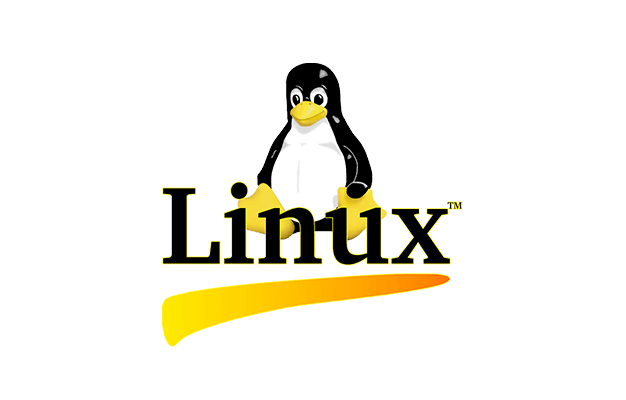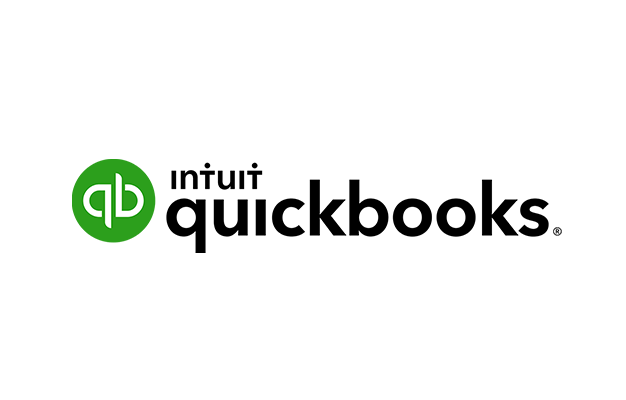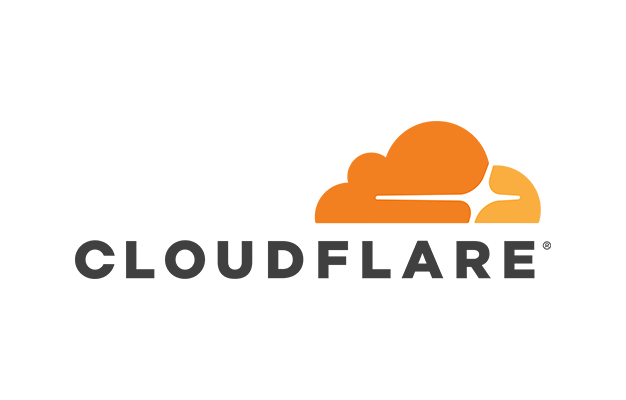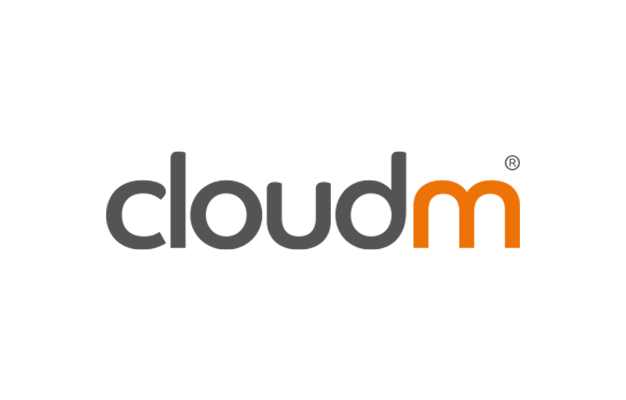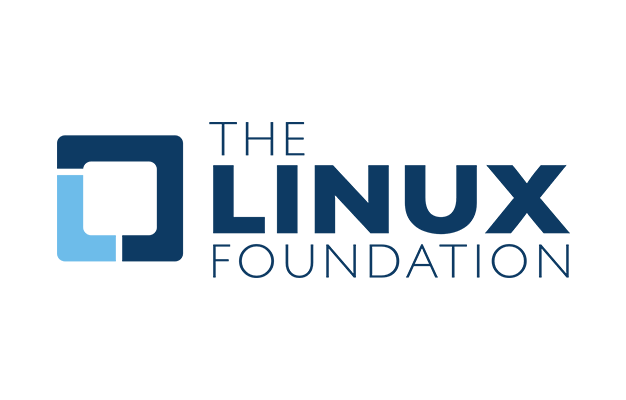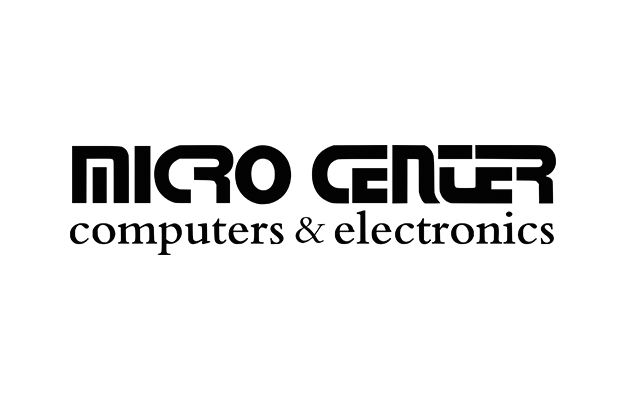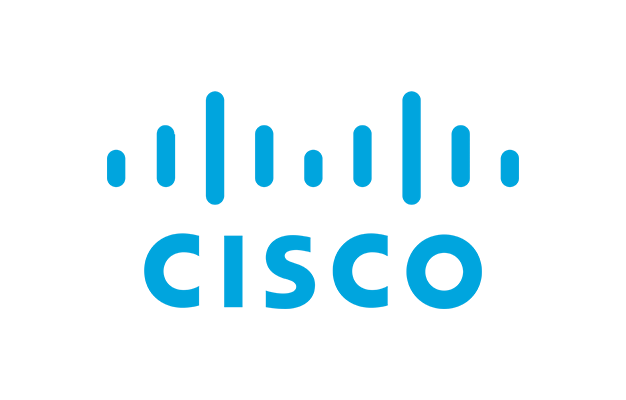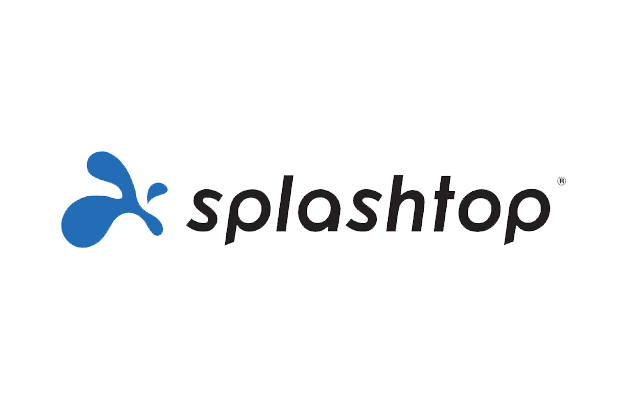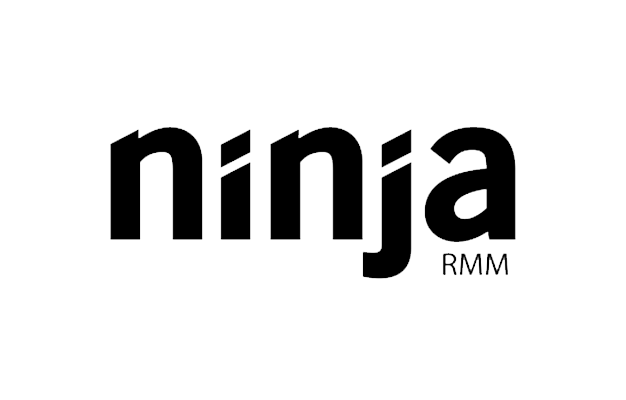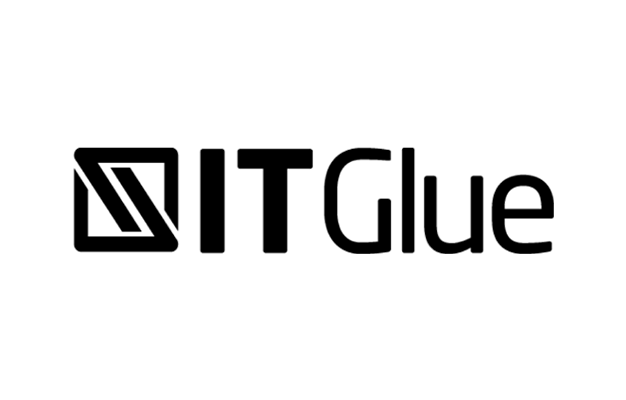Model Context Protocol (MCP): The Game-Changing Framework Revolutionizing AI Integration
What is Model Context Protocol?
The Model Context Protocol (MCP) represents a revolutionary shift in how AI systems interact with external tools and data sources. Developed by Anthropic, MCP provides a standardized framework that enables AI models to seamlessly connect with databases, APIs, file systems, and other business-critical resources.
Think of MCP as the "universal translator" between AI models and your existing business infrastructure. Instead of building custom integrations for every AI use case, MCP creates a unified protocol that works across platforms and vendors.
Why MCP Matters for Business Leaders

Traditional AI implementations often hit a wall when trying to access real-time business data. Companies spend months building custom connectors, only to find they break when systems update. MCP solves this by providing:
- Standardized Connections: One protocol works with multiple AI providers and business tools
- Real-Time Data Access: AI can pull current information from your CRM, databases, and cloud services
- Enhanced Security: Built-in security controls ensure data protection and access management
- Rapid Deployment: Reduce integration time from months to days
Key Industries Adopting MCP
Financial Services
Banks and investment firms use MCP to connect AI assistants with trading systems, risk management databases, and customer portfolios. This enables real-time financial analysis and automated compliance reporting.
Healthcare
Medical organizations leverage MCP to integrate AI with electronic health records (EHR), laboratory systems, and imaging databases while maintaining HIPAA compliance.
E-commerce & Retail
Retailers connect AI systems to inventory management, customer data platforms, and supply chain systems for dynamic pricing and personalized customer experiences.
Technical Advantages of MCP

From a technical perspective, MCP offers several breakthrough features:
Bidirectional Communication
Unlike traditional APIs that only allow data retrieval, MCP enables AI systems to both read from and write to connected systems, creating true automation workflows.
Context Preservation
MCP maintains conversation context across multiple tool interactions, allowing for complex multi-step operations that would previously require human intervention.
Vendor Agnostic
The protocol works with Claude, GPT, and other leading AI models, preventing vendor lock-in and enabling best-of-breed solutions.
Implementation Best Practices
When implementing MCP in your organization, consider these proven strategies:
- Start Small: Begin with a single use case, such as connecting your AI assistant to your customer support database
- Focus on Security: Implement proper authentication and authorization controls from day one
- Plan for Scale: Design your MCP architecture to handle increased load as adoption grows
- Monitor Performance: Track response times and error rates to optimize the user experience
The Future of AI Integration
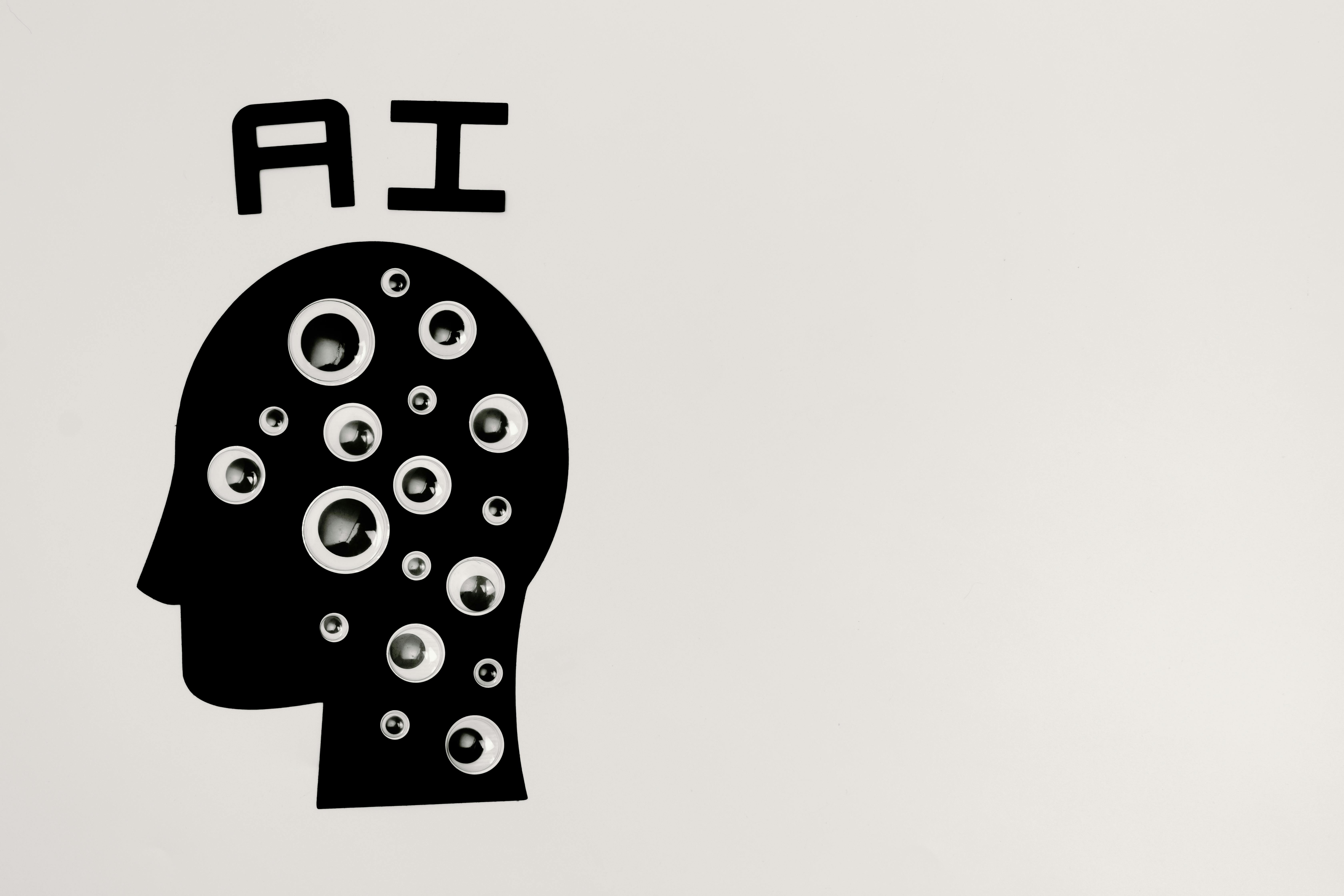
Industry analysts predict that MCP will become the de facto standard for AI integrations by 2026. Companies that adopt MCP early will gain significant competitive advantages:
- Faster Time-to-Market: Launch AI-powered features weeks faster than competitors
- Lower Development Costs: Reduce integration expenses by up to 70%
- Better User Experiences: Provide seamless AI interactions across all business systems
- Future-Proof Architecture: Easily adapt to new AI models and business tools
Getting Started with MCP
Ready to explore MCP for your organization? Here's your action plan:
- Assess Current Systems: Identify which business tools would benefit from AI integration
- Define Use Cases: Prioritize high-impact scenarios where AI can add immediate value
- Choose Your AI Platform: Select an MCP-compatible AI provider that aligns with your technical requirements
- Build a Pilot Program: Start with a contained project to prove the concept and demonstrate ROI
Conclusion
Model Context Protocol represents more than just another technical standard—it's the foundation for the next generation of AI-powered business applications. Organizations that embrace MCP today will be positioned to lead in the AI-driven economy of tomorrow.
The question isn't whether MCP will transform business operations, but rather how quickly your organization can adapt to leverage its capabilities. The companies that move first will establish lasting competitive advantages in their respective markets.
Want to learn more about implementing MCP in your organization? Contact our AI integration specialists to discuss your specific requirements and develop a customized implementation strategy.



